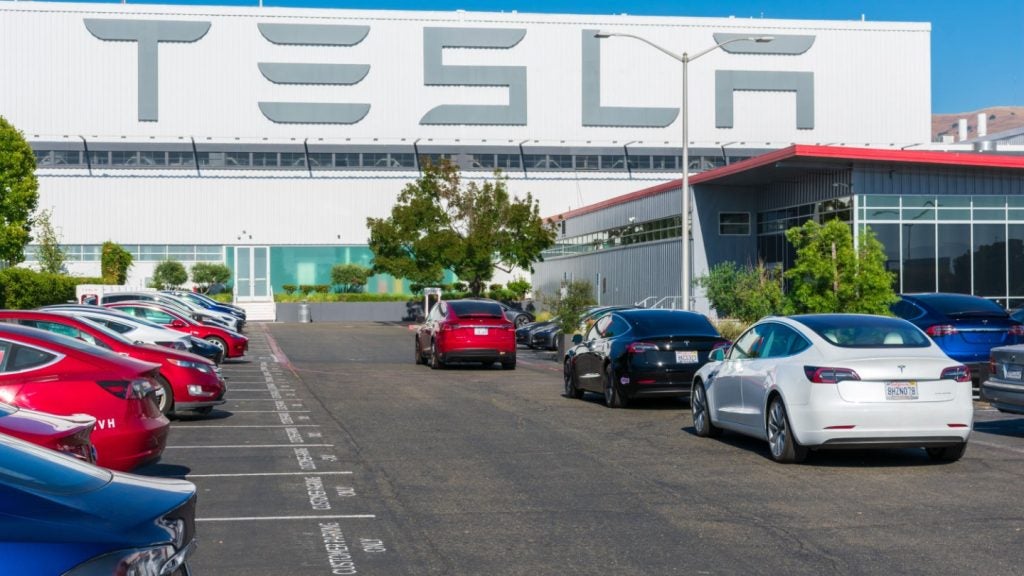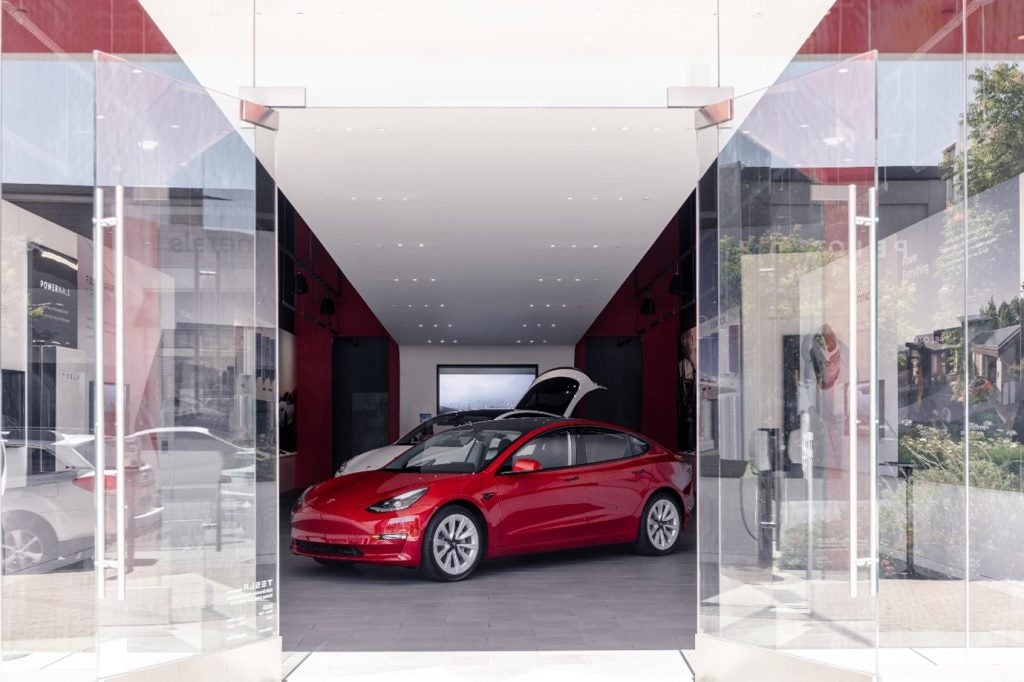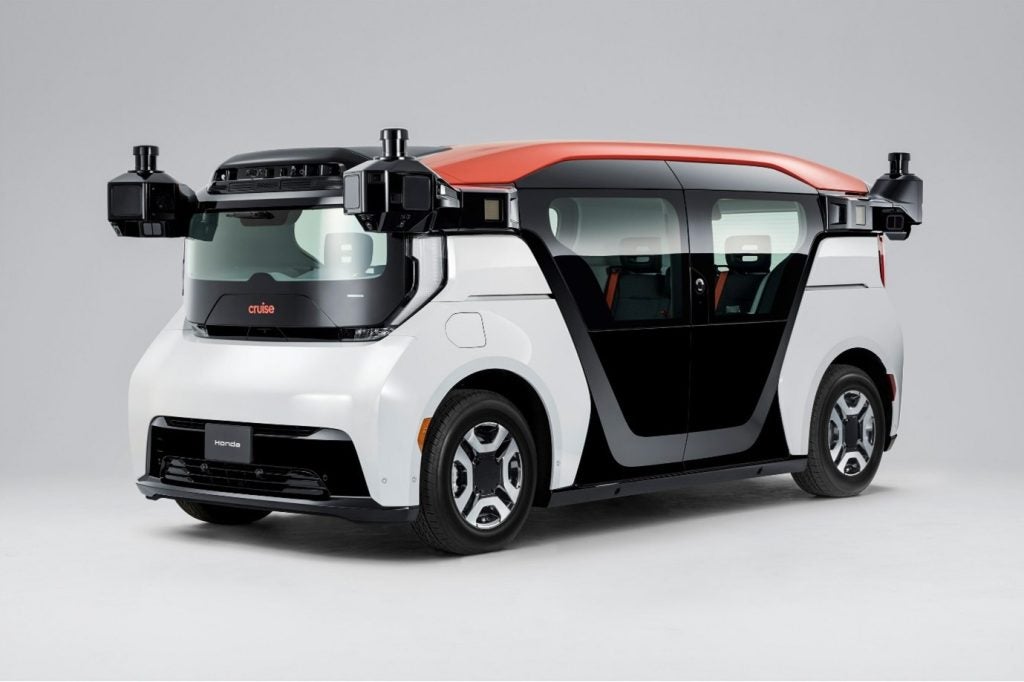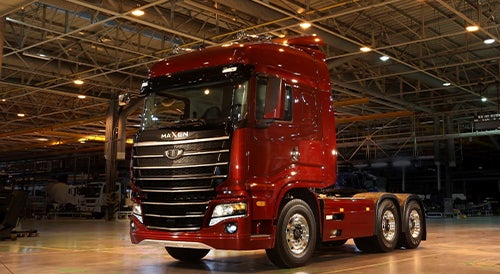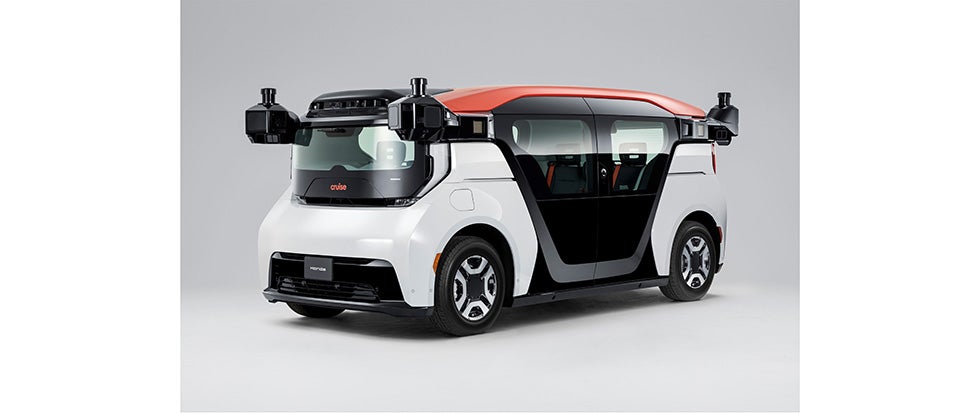In its earnings call yesterday (18 October), Tesla reported that it had missed expectations in both its revenue and earnings but reinforced its commitment to AI expenditure.
Tesla reported that its ESP (earnings per share) was down nine percent, from an expected 0.73 to 0.66. Tesla’s total revenue was reported to have grown 3% to $23.4bn during Q3, which it states was negatively impacted by recent price cuts, this September, of its Model S and X electric vehicles (EVs). Deliveries of these vehicles had also dropped by 14%. Europe sales forecast manager at research company GlobalData, Sammy Chan, explained the impact of Tesla’s price cuts on its revenue. Whilst such price cuts partially explained Tesla’s disappointing results, Chan noted that Tesla actually “has more flexibility in its price movements that some of its competitors and are clearly willing to utilise this.” Speaking specifically on the Model S and X, Chan stated that their return to the European market could become a springboard for Tesla deliveries in 2024, explaining that the return of these models signified an “alleviation in supply and production bottlenecks globally.” Tesla said it remained committed to reducing vehicle cost whilst maximising investment into AI. Just this September, a Morgan Stanley forecast showed that Tesla’s new Dojo supercomputer could boost Tesla’s value by $500bn. Tesla reported that it had more than doubled the size of its AI training compute to aid its fully self-driving vehicle and humanoid Optimus robot project. Despite Tesla’s bets on AI, it remains a largely undermentioned topic in automotive filings. According to GlobalData’s business filings database, AI was mentioned significantly less by businesses within the automotive sector in comparison to EVs and automotive vehicles (AVs), receiving only 116 mentions this July. Mentions of AI within corporate filings appear to have peaked between July and October 2022, and as of yet have not returned to quite these levels. EVs were mentioned far more frequently than AI or AVs, but this could be in anticipation of several future bans on the sale of petrol cars. The UK, for example, has plans to completely end the sale of petrol vehicles by 2035. However, in its quest for fully self-driving AVs Tesla will continue to push AI expenditure. In its 2023 report into AI in the automotive industry, GlobalData explains that generative AI could help AVs plan traffic routes, optimise driving style and monitor road conditions. All of which are necessary in creating safer AVs fit for public use.Signal: Tesla doubled down on AI investment as AI filings in automotive underwhelm
Mentions of AI continue to be low in automotive industry filings.
Alice Nunwick October 20 2023
